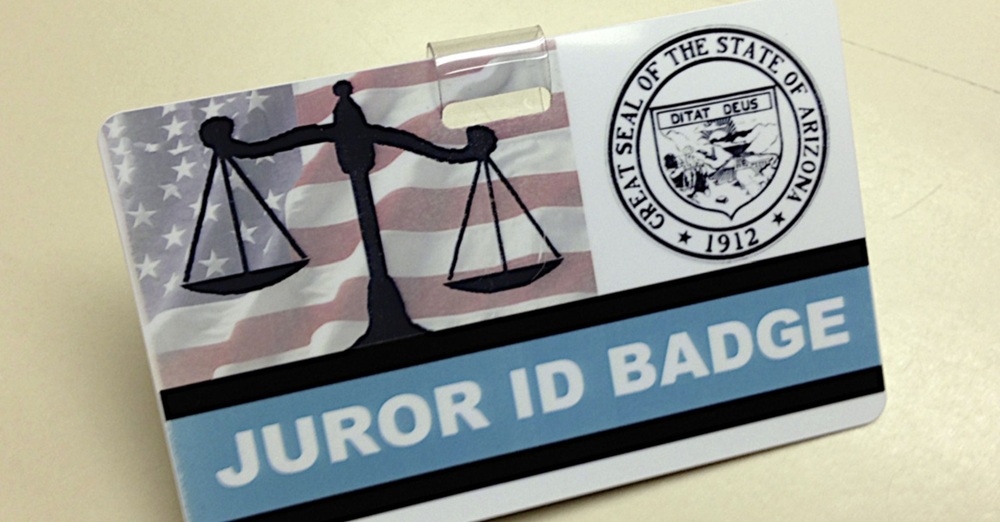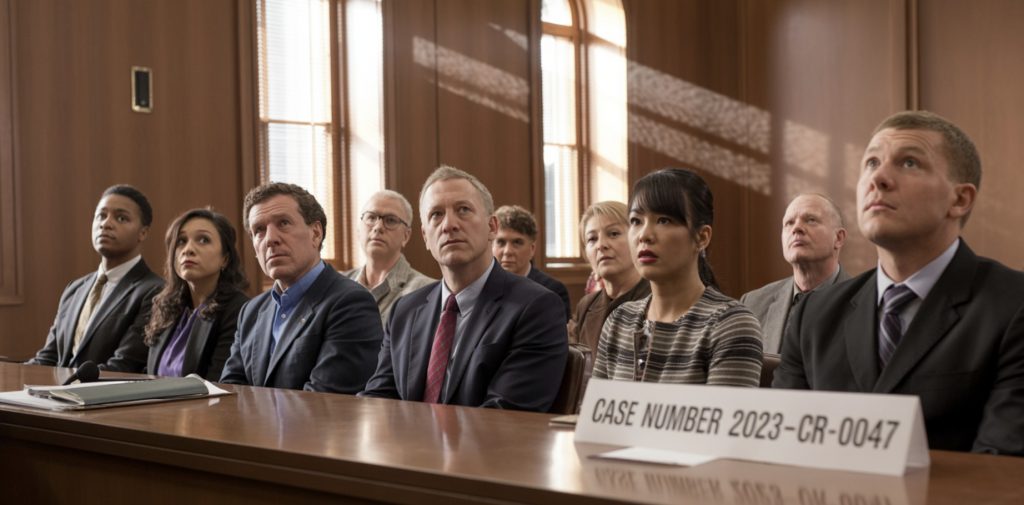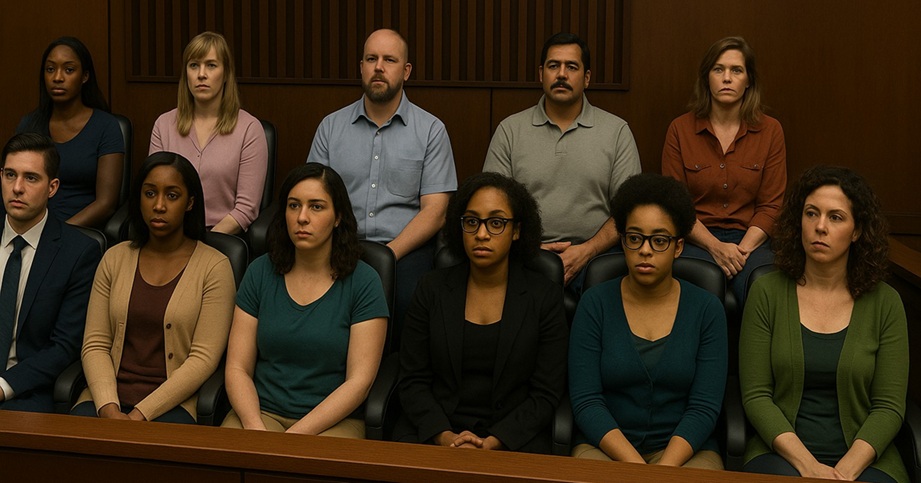Jury Duty Matters and Is a Vital Part of Our System of Justice
If you face criminal charges, you have a constitutional right to a fair and impartial jury. The system only works if good people participate and care.

Why Jury Duty Matters More Than You Think
When a jury summons arrives, it’s easy to feel annoyed or burdened. Most people see jury duty as an interruption—something to get out of if possible. But jury service isn’t just a civic obligation. It’s one of the most direct ways a citizen participates in the justice system and protects the rights of others. The right to a jury trial is central to the criminal and civil justice systems.
The system only works when people show up.
The right to a jury trial appears in both the U.S. Constitution and the Bill of Rights. That’s not a coincidence. The justice system was built with the understanding that ordinary people, not just judges or government officials, should help decide the outcome of criminal and civil cases. Jury trials keep the power of the government in check by allowing community members to serve as decision-makers.
When you serve on a jury, you don’t just watch justice happen. You become part of it. Your presence matters. Your decisions matter.
Juries keep the system fair
Michigan judges apply the law. Criminal defense lawyers and prosecutors argue the facts. But jurors bring common sense, lived experience, and community standards into the courtroom. A jury’s role is to look at all the evidence, listen to witnesses, and decide what actually happened. That verdict affects someone’s future—and possibly their freedom. Because of the impact of a verdict in a criminal case, the standard of proof is beyond a reasonable doubt.
Without a jury, one person would decide a case. With a jury, multiple people from different walks of life weigh in, which is a powerful safeguard. The right to a jury trial reflects the importance our country places on the right to be tried by ordinary citizens rather than the government.

What to expect as a juror
People often feel nervous about jury duty because they don’t know what it involves. Most trials begin with jury selection, where both sides help choose who will serve on the panel. Once selected, jurors listen to the evidence, follow the judge’s instructions, and deliberate with one another before reaching a verdict.
No legal background is required. Jurors receive clear direction about the law from the judge. What matters most is the ability to listen closely, think critically, and work cooperatively with others.
Serving on a jury is especially important for people who:
- Believe in fairness and justice
- Understand the value of due process
- Want to play an active role in the community
Many people walk away from jury duty with a better understanding of how the legal system actually works. For some, it’s the first time they’ve ever set foot in a courtroom. For others, it’s an eye-opening experience that builds respect for the process.
Common concerns and honest answers about the right to a jury trial.
Time and money are the most frequent reasons people try to avoid jury duty. Serving can take days or even weeks, and not everyone receives full pay while they’re away from work. Courts try to accommodate this. Many employers are legally required to excuse workers for jury service. Some states offer stipends or travel reimbursement.
If you experience serious hardship, you can usually ask to be excused or rescheduled. But in most cases, temporary inconvenience is a fair trade for the vital role jurors play in protecting rights and ensuring fairness. It is essential that you appear for jury duty if you receive a notice because failing to show up can lead to contempt of court charges.
Another common concern is doubt in the system. Some people feel the justice system is flawed or biased. That skepticism is understandable—but it’s also one of the strongest reasons to serve. Jurors who ask tough questions, listen critically, and stay engaged help make the system more accountable.

The difference one juror can make
Every juror plays a role in reaching a fair result. One thoughtful juror can slow down rushed deliberations, correct a misunderstanding, or stop a verdict that doesn’t align with the evidence. In close cases, that influence can mean the difference between guilt and innocence.
Jury duty is not just a government obligation. It’s a human one. Defendants and civil litigants alike count on jurors to take the process seriously and protect their rights under the law.
Who makes a good juror?
People do not just have the right to a jury trial; they have the right to a fair and unbiased trial by jury. There is not one “type” of good juror. A “good” juror doesn’t need specialized knowledge or a perfect background. They need to:
- Pay attention
- Keep an open mind
- Follow instructions
- Base your decision only on the evidence and the law
The most important qualification for jury duty is fairness. If someone is able to look at both sides, think independently, and stand by their principles, you’re the kind of juror every case needs.

Final Thoughts on the Right to a Jury Trial
Jury duty isn’t glamorous, and it won’t always be convenient. But it is essential. The justice system depends on the participation of everyday people to protect individual rights and uphold the rule of law. The right to a jury trial is not superfluous to the justice system; it is central to the concepts of fairness and due process.
When you serve on a jury, you stand up for the principles of fairness, accountability, and democracy. You help make sure that justice isn’t something handed down from above—it’s something we all build together.
Call us today at (248) 263-6800 for a free consultation or complete an online Request for Assistance Form. We will contact you promptly and find a way to help you.












